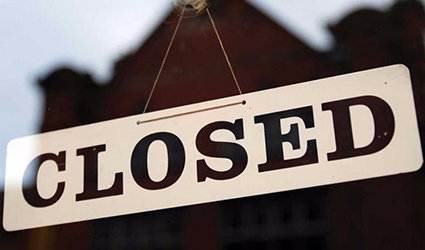Janssen, Bayer Plans to Shut South Korean Plants Seeing a Plunging Demand
August 8, 2018
Source: FiercePharma
 934
934

Janssen Korea becomes yet another drugmaker to shut its Hyangnam plant in Hwaseong, South Korea, by 2021, stranding an uncounted number of employees.
According to a Janssen Korea spokesperson cited by The Korea Times, the closing is a calculated decision made over fall in demand for heavy-dosage drugs.
“Our manufacturing network for solid dosage forms was found to have significant excess capacity, and our future pipeline is unlikely to drive significant volume upside for the solids, due to an ongoing shift of production to cancer drugs and immune booster injections,” the spokesperson told the Korean newspaper.
“This decision was not made lightly, and Johnson & Johnson remains committed to the Korean market, with further investment planned for the company’s Incheon facility and through its local partnership to produce innovative beauty products in Cheongju for the global market,” said a Johnson & Johnson spokeswoman.
Bayer followed Janssen, by announcing that it would seal a contrast media manufacturing plant in Anseong, as said to Business Korea. It plans to end operations at the unit by the ending of the year as it hunts for a buyer.
“We have no reason to maintain our plants in every country, because of the global tendency of establishing integrated logistics centers,” a Bayer Korea spokeswoman said, citing a waning Korean market and a consequent mounting payroll burden as the reason, as quoted by The Korea Times.
Bayer has now closed the second plant in the country, following the pack up of its Namyangju plant in 1999. Post that, Novartis, Eli Lilly, Pfizer, Roche, Boehringer Ingelheim and Merck & Co. repeated the same, and as many as 16 plants owned by international pharma companies have been closed in South Korea spanning twenty years, according to Business Korea’s tally.
By DduRead more on
- Drugdu.com’s 4 most Popular Veterinary APIs and Veterinary medicine Suppliers September 6, 2018
- 4 Pharmaceutical Machinery Packaging and Materials Suppliers September 6, 2018
- 3 ENT Equipment and Medical Anaesthesia Equipment Suppliers September 6, 2018
- Need Natural Plant Extracts? Here are 4 Suppliers! September 6, 2018
- Healthcare Products & Food Additives Suppliers for International Companies September 6, 2018
your submission has already been received.
OK
Subscribe
Please enter a valid Email address!
Submit
The most relevant industry news & insight will be sent to you every two weeks.



